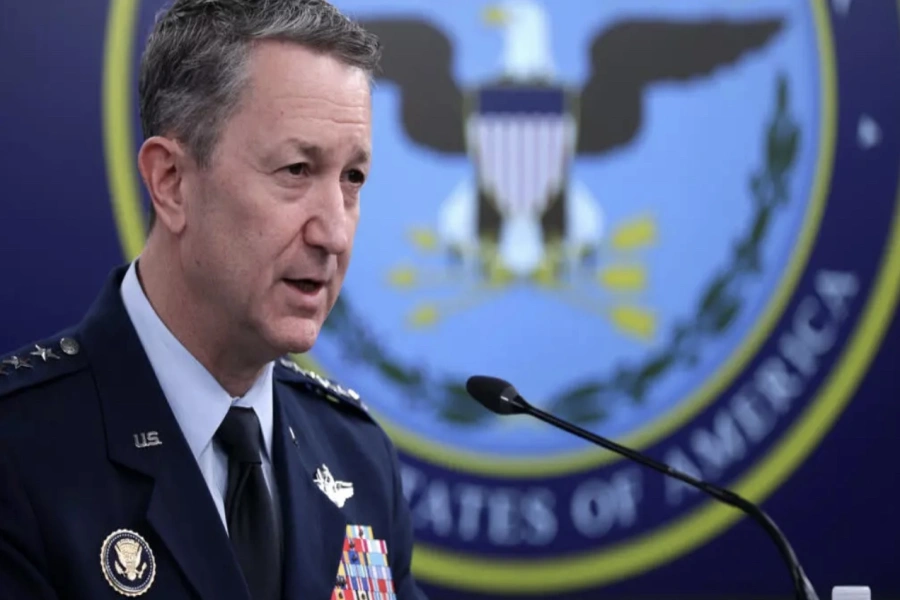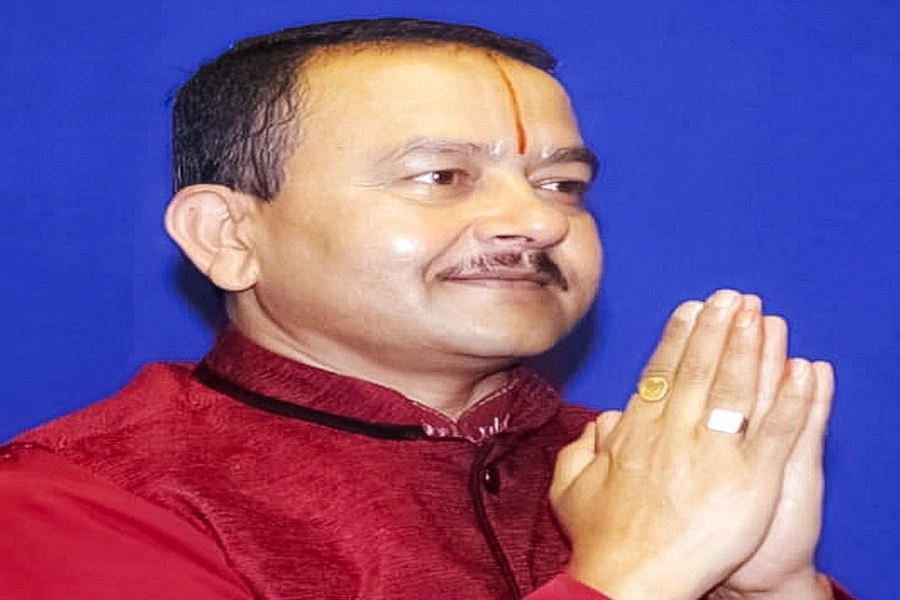KATHMANDU, Jan 28: The Legislative Committee of the National Assembly has endorsed the much-talked about Nepal Media Council Bill, removing the provision of fining journalists up to Rs 1 million for violating media code of ethics. But the committee has added a new provision to the bill, making it mandatory for journalists to obtain a license for the job.
Scrapping the original provision of the bill that allowed the Media Council to slap journalists with a fine of up to Rs 1 million for “publishing content against the media code of ethics”, the committee has proposed limiting the role of the council to the reconciliation process.
“If any media content, against the media code of ethics issued by the council, is found to be affecting the dignity and social standing of any individual, the council may mediate for reconciliation between the complainant and the media organization concerned,” reads the revised provision in the bill.
Mr Speaker, Either Prove or Apologize!

However, any individual can move the court demanding compensation for the loss if any media content in violation of the media code of ethics “seriously damages” his/her dignity and social standing or causes losses to his/her business. The media organization concerned has to compensate a person if the court realizes that any media content against the code of ethics has damaged the dignity of an individual or business, according to the amended provision.
The parliamentary panel has also revised the formation process of the media council. The original bill registered by the Ministry of Communication and Information Technology in May had proposed a government-controlled media regulatory body, allowing the ministry to appoint most of the council’s members.
After protest from journalists and media organizations, the ruling Nepal Communist Party (NCP) had agreed to revise the bill in parliament, ensuring the independence of the council and removing the provision of imposing fines against journalists by the council.
The revised bill has proposed that the chairperson of the council will be appointed by the government from among senior advocates or advocates having qualification to be the judge of the Supreme Court or among journalists having 15 years of experience in the newsroom. Chairperson of the Federation of Nepali Journalists will be an ex-officio member of the council while a joint-secretary of the Ministry, professor or assistant professor of journalism and representatives elected by journalists and media owners from seven provinces representing print, online and broadcast media will be members in the council.
Amid objection from the opposition lawmakers, the committee has added a new provision to the bill making it mandatory for journalists to obtain license after getting through an examination conducted by the council. However, those already working in the media at the time of the commencement of the law, don’t need to face the exam. NCP lawmaker Thagendra Prakash Puri insisted on including the provision of licensing examination for journalists even though Minister Baskota was against the idea. The council will prepare the syllabus and also conduct the examination for licensing in addition to its regulatory duty.
The bill also states that the council will also collect the data of working journalists within a year after its formation and maintain their records.
Now the bill will be forwarded to the lower house for deliberations. The bill will come into force as a law 31 days after its authentication by the president.





-1200x560-1772467693.webp)



























